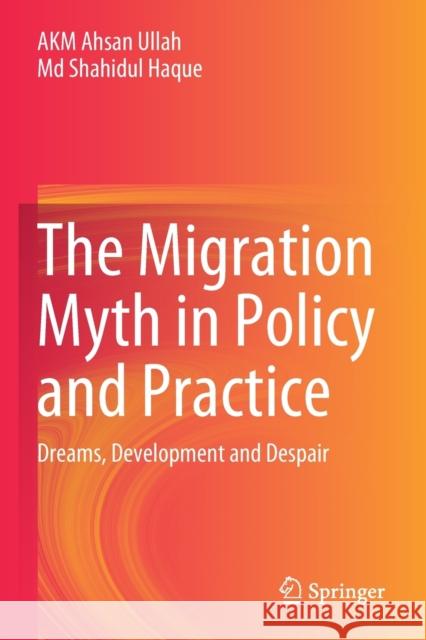The Migration Myth in Policy and Practice: Dreams, Development and Despair » książka
topmenu
The Migration Myth in Policy and Practice: Dreams, Development and Despair
ISBN-13: 9789811517563 / Angielski / Miękka / 2021 / 221 str.
The Migration Myth in Policy and Practice: Dreams, Development and Despair
ISBN-13: 9789811517563 / Angielski / Miękka / 2021 / 221 str.
cena 205,02
(netto: 195,26 VAT: 5%)
Najniższa cena z 30 dni: 192,74
(netto: 195,26 VAT: 5%)
Najniższa cena z 30 dni: 192,74
Termin realizacji zamówienia:
ok. 16-18 dni roboczych.
ok. 16-18 dni roboczych.
Darmowa dostawa!
Kategorie:
Kategorie BISAC:
Wydawca:
Springer
Język:
Angielski
ISBN-13:
9789811517563
Rok wydania:
2021
Wydanie:
2020
Ilość stron:
221
Waga:
0.34 kg
Wymiary:
23.39 x 15.6 x 1.3
Oprawa:
Miękka
Wolumenów:
01
Dodatkowe informacje:
Wydanie ilustrowane











